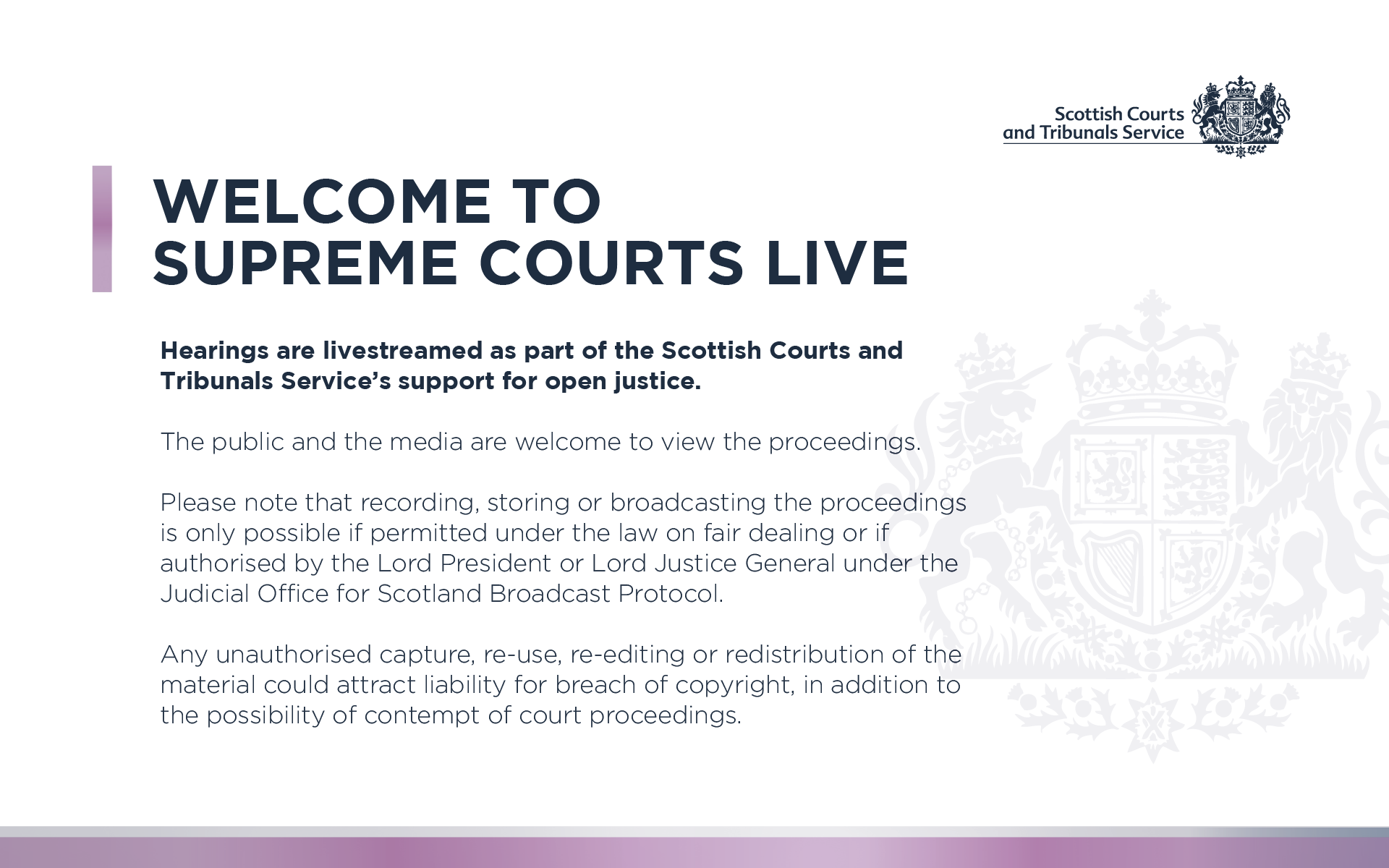Case description
[1] This reclaiming motion (appeal) concerns a contractual dispute between two companies. Rocep-Lusol are a Scottish manufacturing company. Lindal Dispenser GmbH are a German manufacturing company that specialise in the design, manufacture, production and supply of aerosols.
[2] In September 2015 the parties entered into a contract, whereby Rocep-Lusol agreed to provide rights to two patents in exchange for royalties. A patent grants the owner of the right to exclude others from using the invention for a limited period of time within the areas to which the patent is registered. Accordingly, upon expiry, there are no exclusionary rights, and others may use the invention.
[3] The first of the patents related to a “double piston can”. The expiry date of the patent was 7 October 2018. The second patent was for a “valve actuator”. The expiry date of the patent was 22 December 2018.
[4] In the contract the parties agreed the sum to be paid in respect of royalties. This covered two time periods. The first time period was from the commencement of the contract on 1 January 2016 to 31 December 2020. Thereafter, a lower rate was agreed between the parties from 1 January 2021 to 31 December 2023.
[5] In October 2022 Lindal Dispenser ceased producing the books and records for the products sold under the contract, as they were required to do under their contractual obligations. Rocep-Lusol raised an action for accounting for aerosols and valve actuators that were sold between 1 October 2022 and 31 December 2023, and payment of the sum due.
[6] Lindal Dispenser contended that as both patents had expired by 22 December 2020, there was no obligation for them to pay royalties. The patents had expired, and as such they no longer were exclusive licenses. The effect of this meant a termination of the contract, or, in the alternative, that Rocep-Lusol had materially breached the contract. Lindal Dispenser also argued that payment of royalties after the expiry of a patent was contrary to competition law on two grounds. First, that the contract restricted competition contrary to Article 101 of the Treaty on the Functioning of the European Union (TFEU) and section 2 of the Competition Act 1998. Second, the contract represented an abuse of a dominant position in the market by Rocep-Lusol contrary to section 18 of the 1998 Act and Section 102 of the TFEU.
The commercial judge’s decision
[7] The commercial judge found that the parties clearly considered the date at the end of December 2020 as of significance. A number of clauses within the contract referenced the date. When considered objectively, a reading of the contract would suggest that the event in late December 2020 was the natural expiry of the relevant patents. The royalty payments were expressly to continue after that date. The interpretation of the contract turned on the meaning of the word “products” in the contract. The commercial judge considered that “products” within the meaning of the contract did not require to be protected by a patent to receive consideration in royalties.
[8] The alternative argument presented by Lindal Dispenser was material beach by Rocep-Lusol as the right that they provided to Lindal Dispenser after the expiry of the patent was no longer exclusive. The commercial judge considered that a reasonable reader of the contract would not have considered that Rocep-Lusol had tied themselves contractually to provide rights that were not legally possible after the expiry of the patents.
[9] The commercial judge considered that the contract in question was not one that applied dissimilar conditions to equivalent transactions with other trading parties, placing them at a competitive disadvantage, and so could not be contrary to section 2 of the 1998 Act and 101 of the TFEU. Payment of royalties after the expiry date of the intellectual property right, does not automatically become anti-competitive. He did not consider that Rocep-Lusol had acted in an anti-competitive manner by the abuse of its dominant position in the market contrary to section 18 of the 1998 Act and 102 of the TFEU. This would require to be evidenced, which Lindal Dispenser has not sufficiently offered to do.
This Reclaiming Motion (Appeal)
[10] Lindal Dispenser appeals against the decision of the commercial judge on four main grounds. First, that the contract, when interpreted holds no obligation for Lindal Dispenser to make any payment of royalties to Rocep-Lusol.
[11] In the event that the court does consider there to be an obligation to pay royalties, Lindal Dispenser’s second ground of appeal is that they were entitled to withhold performance of the contract on the basis of a material breach of the contract. Rocep-Lusol could no longer provide Lindal Dispenser with exclusive rights to the products that were patented.
[12] In response, Rocep-Lusol contend that the contract, read as a whole, makes clear that royalties are to be paid from 1 January 2021 to December 2023. To interpret the contract in any other way ignores express provisions agreed by the parties in other clauses of the contract. Rocep-Lusol refute the suggestion that they are in material breach of the contract as they did not grant a license to any other party. With regard to the appeal grounds on competition law, Rocep-Lusol contends that as a matter of EU law the contract is not anti-competitive, case law has confirmed that parties can agree to extend royalty obligations beyond the validity of a patent. There were other products available in the relevant market, and that the complaint of Lindal Dispenser is that they could not increase their market share for a limited period of time. The contract is not anti-competitive.
The First Division will hear this appeal on 30 May 2025 at 10.30am.

